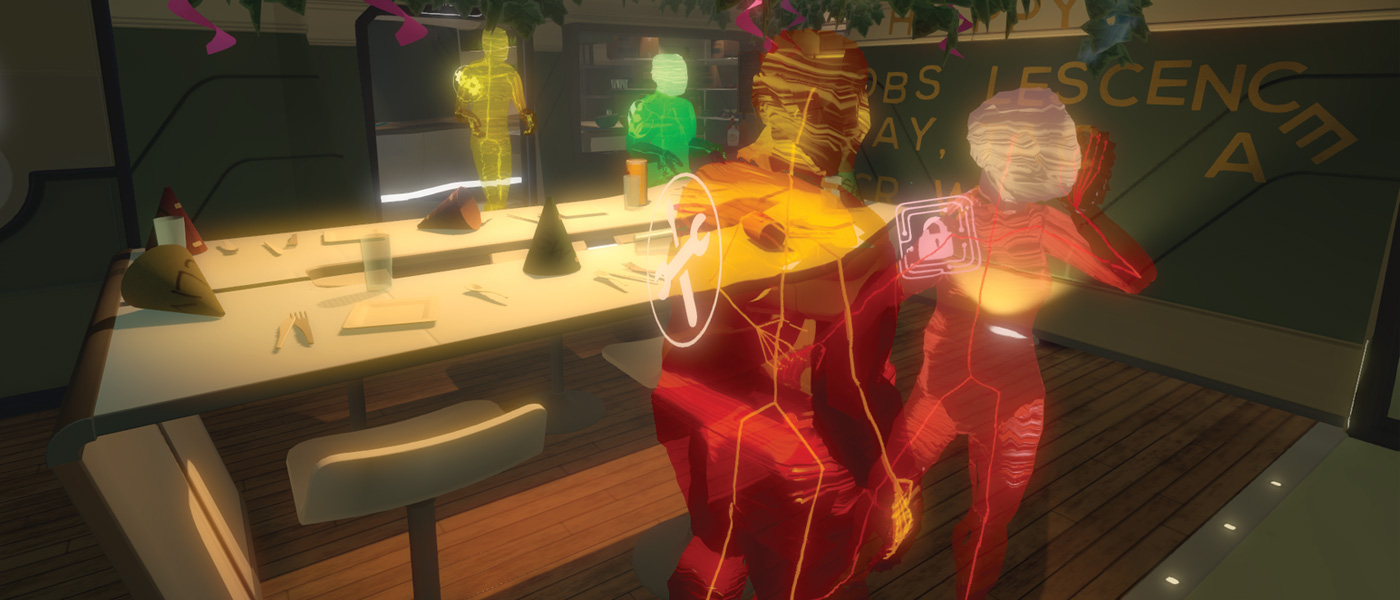We got to spend some time with Tacoma behind closed doors at E3. Tacoma is set on an abandoned transfer space station 200,000 miles away from Earth, Tacoma is truly another pedigree charm from the talents behind Gone Home, carrying similar themes, yet attempting to tell a completely new story that feels refreshing enough to definitely warrant interest when it releases in 2017.
It’s clear that Fullbright have learned a lot from Gone Home, with additional interaction elements present in Tacoma, yet making sure the story is still front and foremost in the game. As soon as we stepped onto the Tacoma space station, we were treated to an area that was just teeming with atmosphere. Floating in the zero gravity, interacting and inspecting objects, and co-ordinating with an unstable AI called Odin, the introduction alone was miles ahead of Fullbright’s previous effort.
Tacoma wears its influences on its sleeve, with atmosphere that drips of homages to Aliens, Moon and 2001: A Space Odyssey. However, this is where Fullbright turns a corner, by subverting these homages and creating something new and different. Playing Gone Home I immediately thought it to be a more thriller/horror game, especially with the setting and atmosphere, and it was my own fault that I automatically associated such themes with its corresponding genres. Walking through the space station of Tacoma, I felt an Alien vibe, but the story is far from it.
Yes, it’s another narrative heavy game like Gone Home, but expect it to be far more fleshed out. For starters, there’s six characters (seven including your one) to explore and expand on, and it’s clear that the bulk of the story will revolve around these six employees, who have long abandoned the station. Throw in a spooky and atmospheric space station that’s begging to be explored and admired at every angle, and an AI gone rogue and it’s a heavy mesh of 2001, Alien and Gone Home.
Exploring memories through the Augmented Reality system allows for a good amount of flexibility, as there are six memories and viewpoints to explore. Using the AR system lets you rewind or fast forward each memory, so you can watch one viewpoint involving certain characters, then rewind and watch a different viewpoint with different characters, as with such a large cast of characters they will rarely be in the same room together outside of big events. While most of this is optional (much like in Gone Home), it’s encouraged to explore as much as possible as its clear the story will be Tacoma’s selling point.
Tacoma is still in heavy development, so don’t expect this game to hit shelves until 2017. What is clear that Tacoma will be another interesting exploration in themes of isolation, friendships and relationships in a rare setting.



